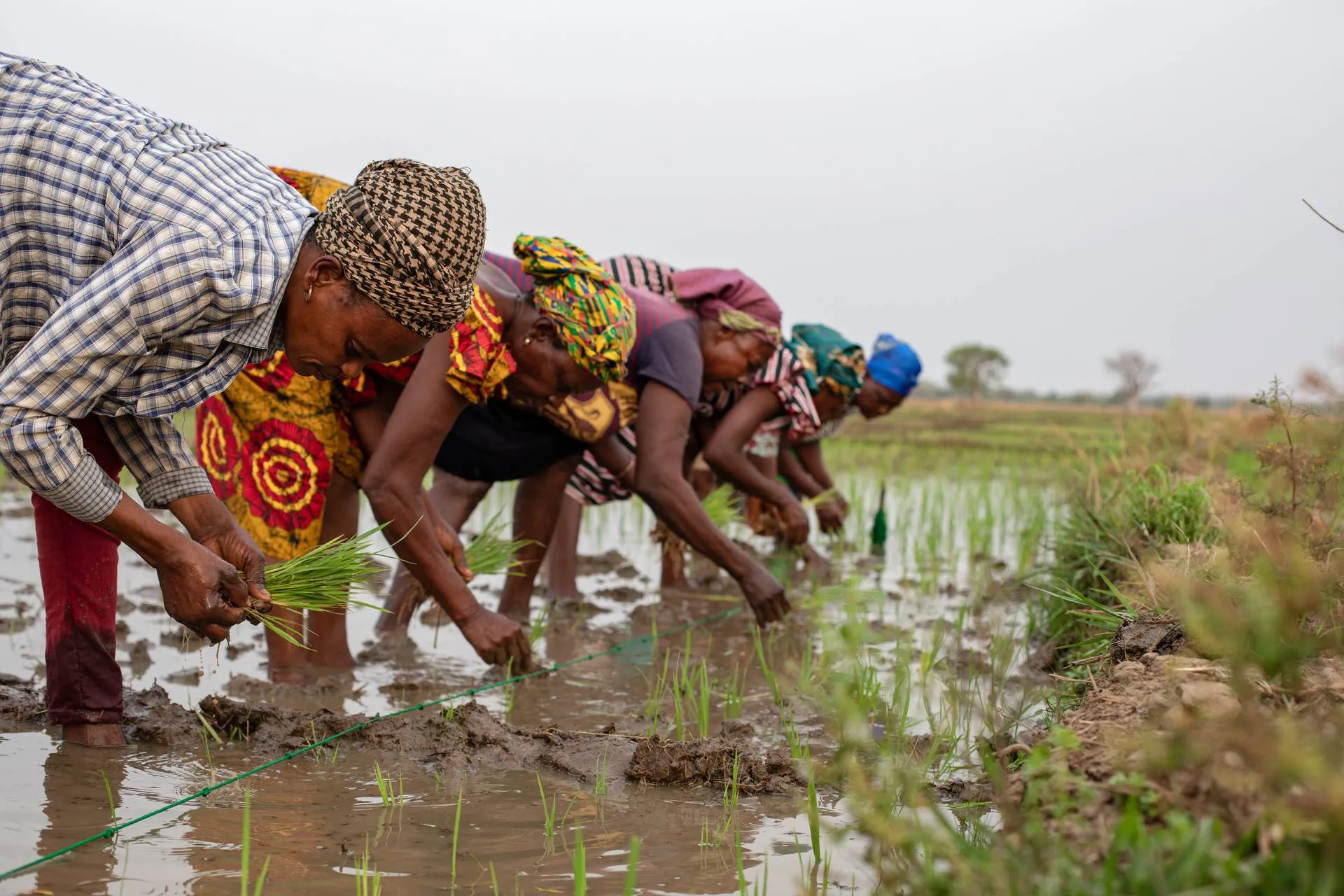The Permanent Secretary of the Federal Ministry of Agriculture and Food Security (FMAFS), Dr. Marcus Ogunbiyi, announced on Tuesday the review of the National Gender Policy on Agriculture to promote sustainable agricultural practices, empower farmers, and enhance food security.
The review, a joint collaboration with the International Centre for Environmental Health and Development (ICEHD) and other stakeholders, was disclosed in a statement by the Chief Information Officer at the FMAFS, Eremah Anthonia.
Represented by the Director of Special Duties, Kachallah Damaturu, in Abuja, Ogunbiyi stated that the policy, which spans five years, was due for review, noting that some aspects of the framework were outdated.
“The policy has been operational since its launch on 31st October 2019, and it is pivotal in addressing the unique challenges faced by rural women farmers, who are the backbone of the agriculture sector,” Ogunbiyi said.
“We must recognize the importance of a collaborative approach. We will work closely with ICEHD, government and non-government organizations, civil society, and the private sector to ensure our efforts are complementary and effective,” he added.
“We seek to identify gaps in our current policy framework and explore innovative strategies that can empower women in agriculture,” Damaturu noted, urging stakeholders to contribute toward achieving a more inclusive agricultural landscape.
In her address, the Permanent Secretary of the Federal Ministry of Women Affairs, Dr. Maryam Keshinro, represented by the Director of Gender Affairs, Adamu Samaila Web, emphasised that the review was an opportunity to refine and strengthen the policy to reflect the evolving needs of women, men, and youth in the agricultural sector.
She added that it was essential to ensure the voices of those most affected by systemic inequalities are heard and their contributions recognized. She described the review as a call to action for all stakeholders—including the government, private sector, civil society, and development partners—to work collaboratively and purposefully toward translating the policy into impactful change.
In attendance were representatives from the National Council on Climate Change, the Federal Ministry of Environment, women farmers’ associations and cooperatives, AGRA, the Policy Innovation Centre, and Plan International, among others.












